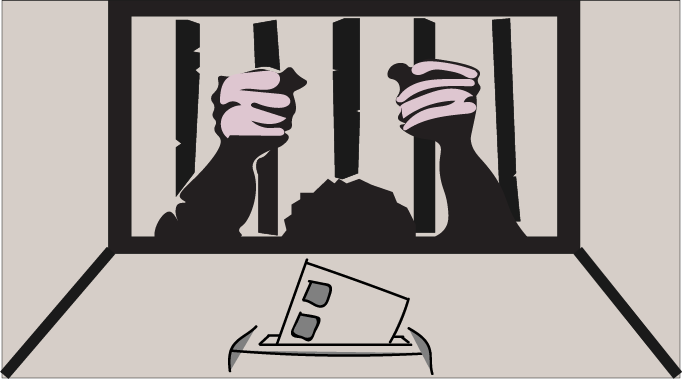It was a typical cold, misty fall morning in Massachusetts. I crouched at the water’s edge as a familiar New England chill shot up and down my body. I did my best to ignore it. Better to power through and just keep going, I told myself.
As I continued my morning run along the Charles River, I thought back to a conversation I had with my little cousin this summer.
“Bennet, where are you going?” he asked me on a chilly Wisconsin morning in August.
“Running,” I said.
“Why would you ever do that?” he said.
It was a good question, and one I wasn’t prepared to answer. I didn’t really want to go. My body was still aching from being hauled out of bed that morning. I easily could have just crawled back into bed and gotten a few more hours of sleep. I was speechless.
Why do we run? No one is forcing us. Running is hard. Running requires effort. It just doesn’t make sense. As Christopher McDougall points out in Born to Run, we no longer need to chase down our food. After the pain and sweat, you usually end up right back where you started—having run in a large, pointless circle.
Despite all of the reasons not to run, we still do it. Bostonians, in particular, love to run. You can’t walk down Comm. Ave. without getting passed by a runner, whether it’s in the middle of December, or in a foot of snow—living up to the Boston Strong mantra.
Now, there is proof that Massachusetts is home to some of the best runners. According to Boston Magazine, a recent study by Runners World used data from RunKeeper—a Boston-based software development company with a fitness app of more than 30 millions users tracking their runs—found that Massachusetts is the best state for runners.
Massachusetts hauled in the top rank in four categories: miles per capita; runs per person; miles per run; and pace per mile. The city’s high percentage of people using public transportation (12.2 percent) and biking or walking to work (6.4 percent) also helped bolster those rankings.
The question remains, if we love it so much, why do we run? I spent the first three or four miles of my run around the Charles observing people and trying to answer that question. From what I saw, some run to challenge themselves; some weirdos run because they actually enjoy it; and some run for others.
Last spring, The Heights had the opportunity to hear stories from two Boston College participants in the Boston Marathon: professor Peter Krause and then-sophomore Chris Kabacinski. Hearing the stories of two people who were running a 26.2-mile race for a cause—either for charity or to keep a promise—was inspiring. After a previous marathon disgraced by unjust death, Boston came together to respond with vivacious life.
As I continued my own trek with dozens of people along the Charles River that morning, I realized that the Boston Strong energy has rubbed off on me. Setting larger goals like Krause and Kabacinski did can be uncomfortable, but you might also be surprised. Running, despite its pain and struggle, has the ability to unite a group in ways that many other sports cannot.
So, next time you lace up your sneakers, ask yourself why you run.
Featured Image by Emily Fahey / Heights Editor










